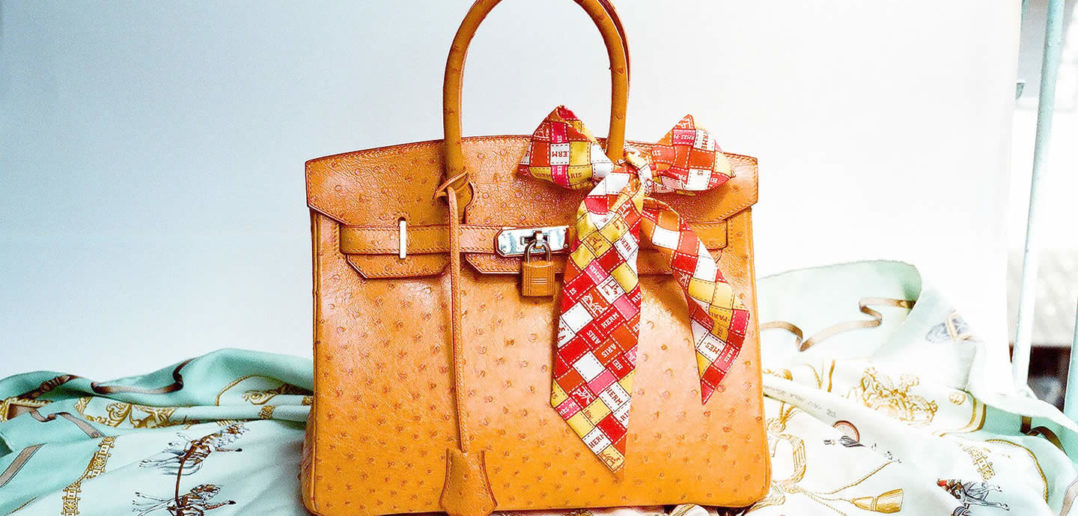The fashion industry has been slow to change. For years industry campaigners have complained that the fast fashion has a significant environmental and societal cost, and the recent stories about Boohoo’s manufacturing practices and Burberry burning their excess stock have put the dark side of the industry in focus. However, recent years have also seen the rise of designers working with recycled textiles and consumers increasingly choosing to buy second-hand or renting items instead of always splashing out on new.
Since its inception eBay has offered people a way to buy and sell secondhand clothes, but the platform is far from premium and never lent itself well to the experience of buying a luxury brand. Today, however, a number of exclusive resale fashion marketplaces give sellers the opportunity to make space in their wardrobe and buyers the premium experience of accessing the famous Birkin bag in a trusted environment.
Since its creation in 1984, the iconic Hermès handbag named after Paris-based British actress Jane Birkin has become the ultimate status symbol, but its rarity has also made it a prime luxury for the resale market. A 2017 study by BagHunter found that the bag increased in value an average of 14 per cent each year, making the bag an investment that over the last four decades has been a safer investment than the stock market. Unlike the majority of designer clothing and accessories which decrease in value as soon as they leave the showroom, Vogue noted in a 2018 article about how to buy one of the exclusive bags, an Hermès bag increases in value overtime.
The Birkin may increase in price over time, but nonetheless most people looking to buy items on the resale markets are looking for lower prices than items that can be bought for new, and there are bargains to be found. From bags to jackets and everything in between, the resale markets offer luxury pieces at significant discounts and they are attracting buyers and a rapid pace.
In the US, the fashion resale market has grown 21 times faster than retail over the last three years, and prior to the coronavirus outbreak GlobalData predicted that it will double in size to $51 billion by 2023. However, an unintended consequence of the COVID-19 lockdown has been to accelerate conversations about sustainability, circularity, environmental impact and responsible consumption in fashion and push people even faster towards the resale market. One leading marketplace, the Vestiaire Collective reports growth of 119 per cent compared to last year as consumers increasingly move away from the high street and look to buy luxury goods at a fraction of the price online.
In their recent report on the industry, the company’s chief sustainability and inclusivity officer, Dounia Wone, commented:
“The COVID-19 crisis has shown that Vestiaire Collective is making the right choices. We are on a mission to educate our community that sustainability is about making better, more responsible decisions. Buying less but buying better; opting for second-hand over fast fashion; and choosing sustainable brands if you have to buy something new. Because the best waste is the one that is not produced.”




